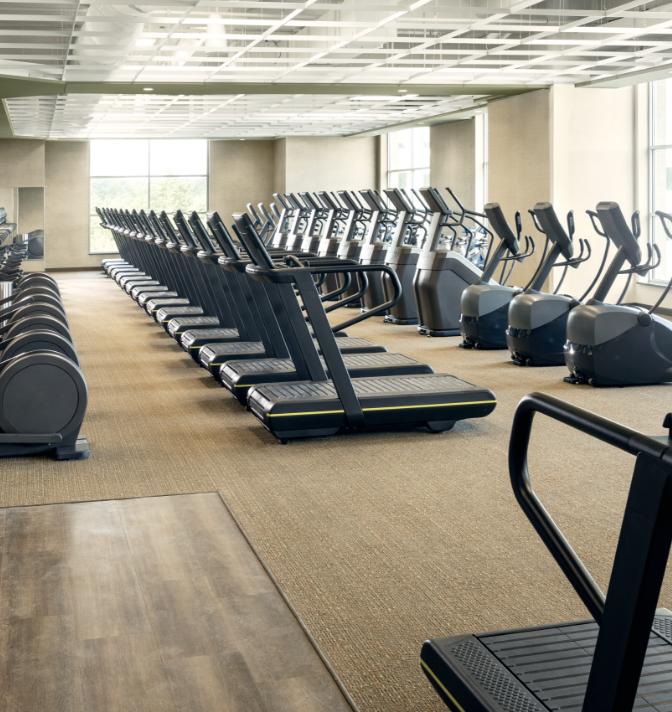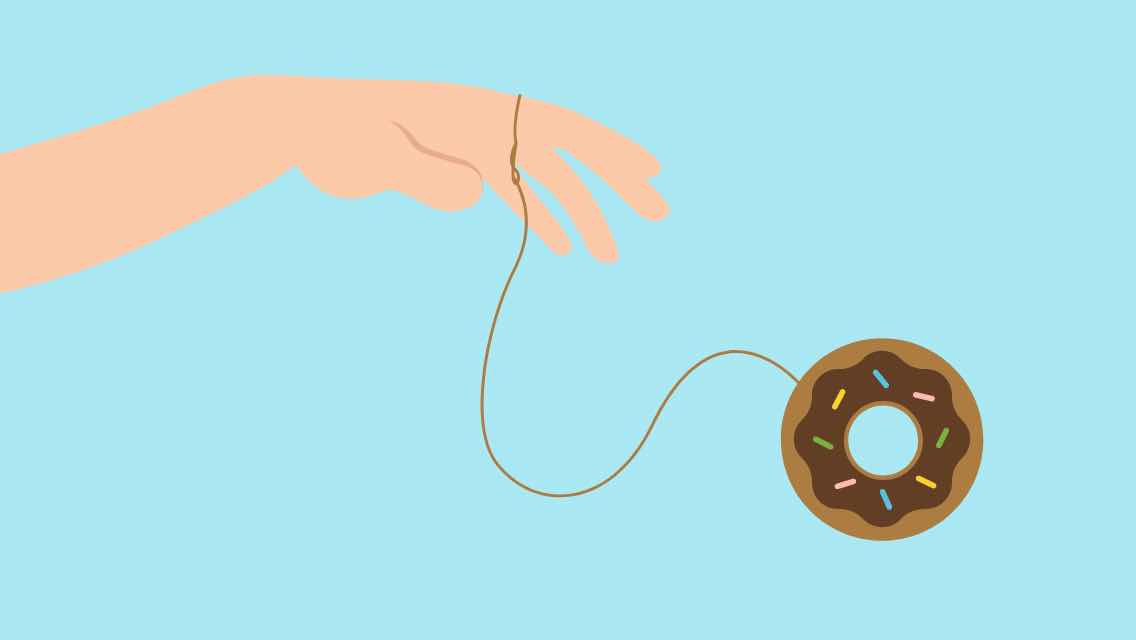March is the Month of Expectation,” or so Emily Dickinson wrote nearly 150 years ago. The poet wasn’t writing about exercise, but this line comes to mind each year as winter gives way to spring and I reflect on the ways that the changing season affects fitness — not fitness level, but fitness mindset.
March is a month of promise. Just as we watch the natural world come back to life, we have expectations of self-renewal. For those of us who made resolutions or set intentions in January, March is when our hard work is expected to noticeably pay off — a time to see, feel, and embody the fruits of our labors.
But March is also a month of bluster and broken promises. Just as a late-season blizzard delays the burgeoning buds here in the Upper Midwest, it’s not uncommon for reality to temper our great expectations when it comes to fitness.
Someone who started or restarted an exercise program at the New Year may find even the best of intentions falling by the wayside. Someone who manages to maintain their fitness commitments may find that, by March, the routine is unsustainable and running them into the ground.
Even those of us who don’t set new fitness goals at the turn of the calendar year may find that we’ve quietly been carrying the weight of unspoken expectations for the weeks and months ahead.
This transitional time is a make-or-break moment for many exercisers — a time to reflect on our achievements, or perceived lack thereof. Too often, the result of this reflection is not self-compassion, not grace, not space to adapt and change course, but a decision to give up.
I don’t write any of this with judgment, criticism, or blame. I’m not here to tell you to “pull it together” or “get back in the game.” I’m not even here to say, “Don’t give up.” You do you. I’ve been there and certainly will be again. It is human to have high expectations, and it is human to be disappointed when reality is at odds with the promises we’ve made to ourselves.
Rather, I’m writing from a place of curiosity, to pose a series of questions that I am also asking myself:
- What do you expect from your fitness routine — and yourself?
- How do these expectations serve you?
- How do they weigh you down?
- Can you lower them, or even put them aside without giving up on yourself?
When I was a kid, I was advised to have “high standards and low expectations.” I liked the sound of these words and have carried them with me ever since. But reciting the adage is not the same as living by the wisdom: Lowering my expectations — especially as they relate to my body, what it looks like, and how it performs — has been a hard, slow, repetitive lesson.
Many of the expectations we contend with are conditioned. We are taught to make sweeping changes and expect dramatic transformations. We are told that thin is in and strong is the new skinny. That we should strive to be better every day. We are expected to suck it up, accept that there is no gain without pain, and embrace better versions of ourselves: leaner, stronger, faster, fitter, happier.
To be clear, I don’t believe there is anything wrong with having fitness goals. My quarrel is with the expectation that we should all be pursuing and achieving these goals in a linear, predictable fashion. And that if we don’t, we are failing — we are failures.
I want to be at peace, in mind, body, and spirit. I want to move my body without sacrificing that peace.
I think we can look to March for inspiration here, too. Because it’s a month not only of expectations, of difficult transitions, of broken promises, but also of wild weather, from which we can learn patience, and of burgeoning buds, from which we can learn tenderness.
And so I ask you, as I ask myself:
- Where can you benefit from being patient with yourself in your fitness journey?
- Where can you be a little more tender, with the understanding that tenderness isn’t frailty but resilience?
There aren’t easy answers to anything I’m asking. But I’ve found that sometimes simply asking the question is the first step to finding movement.
This article originally appeared as “Spring Awakening” in the March 2023 issue of Experience Life.






This Post Has 0 Comments